Reciprocity
Tending to the natural world is essential. We can no longer ignore or expect the Earth to just be there giving us all that we need, shutting out her cries. Her resources are limited. She is our mother, and she is burning, melting, and roaring in a call for help for us to tend to her needs. Animals are becoming extinct and others are abused and mistreated for profit, as are our trees—our sacred lungs here on Earth. We are meant to connect to the natural world as if it were a friend, a sister or brother, mother or father. We are all a part of the same Earth family. The trees need the air we exhale, yet we forget that we rely on them to breathe, as well. We forget, so easily, just how important this relationship is for our mere existence. Our connection is such a simple act, but we’ve completely lost our intimacy with the natural world as a collective and it’s begging for us to return to this harmonious kinship.
The Earth is our mirror—the truest reflection for our collective. Its self-destruction and decay shows us the separation we’ve created with it, with ourselves, with all that is Sacred, and with each other. When she burns, it mirrors the repressed anger we are holding from not meeting the needs of our Spirit, for not listening to truth. Her polluted oceans reflect the pollution of our inner waters—our disrespect and dishonoring of the emotions and intuitive wisdom of the feminine. The remedy is actually quite simple: conscious communication, love, and connection can help restore this balance. Once we each form a relationship with our elemental allies, our awareness will shift to honoring and protecting, and change the way we relate to the natural world as a whole, just like a connection with any growing relationship. Our future depends on how we tend to the Earth today.
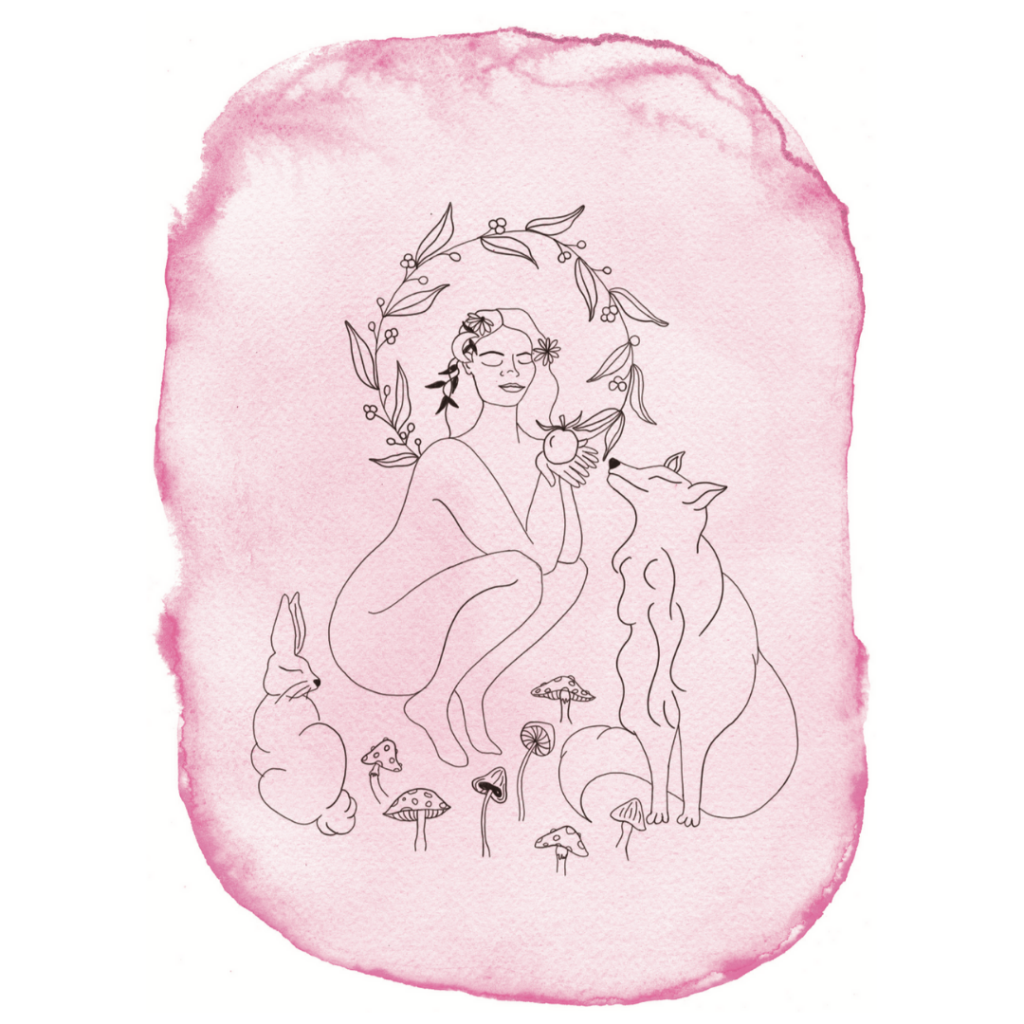
Working with the Land
When working with the natural world in our healing, we also must cultivate a relationship with the land that supports us where we live. We thrive when we are connected to and work with the land that holds us. Simple ways to do this include:
- Spend time with the land. Listen to it. Get to know its natural features, its seasonal blossoms and cycles.
- Research and recognize its indigenous origins. Who lovingly tended to the land before you? How can you honor these people? Are they still active in your community? How can you support them?
- Join a local land conservation group.
- Try to source fresh herbs in your community or in the wild, instead of bought in plastic imported to your grocery store. Look for community gardens, farmers markets, CSAs, or even plant them yourself! For dried herbs and plants not native to your bioregion, check out your local apothecary to support small Earth-conscious businesses. Always ask where they get their herbs and if they are sustainably harvested or organic.
- Plant walks are also a great resource for learning how to spot medicine in the wild so you can forage yourself, and they can also teach you more about what grows near you. Find a local herbalist who you resonate with and support them.
Ways to Further Reciprocate:
- Talk to the trees like a friend. Ask them for guidance and support and listen with care and respect.
- Plant trees and flowers. Reforest and replant. Revive our dying plant species.
- Stop utilizing single use plastic, especially if you have a company that sells products. Our oceans are drowning in plastic and our sea creatures are suffering. We
are disrupting balance because of our addiction to consumerism. Plastic does not disappear and most of it doesn’t get recycled. You can nowadays find a plastic-free alternative for almost anything you could ever need with a little bit of conscious attention. Do your research and be mindful of your plastic consumption. Choose consciousness over convenience, the larger vision over a quick fix.
- With everything you take from the Earth or that is made of the Earth, say a simple thank you before using or consuming it.
- Say intentional prayers and blessings for the Earth and her healing.
- Withdraw your support from companies and groups that are not in support of the Earth’s health and sacredness— companies that use unsustainably harvested resources or unnecessary plastic, those that engage in unethical farming, and fast fashion.
- Share with friends and family how to be more eco-conscious. Does your mom recycle? Is your brother still using plastic straws? Does your best friend need an iced coffee served in a plastic cup every day or can they bring their own cup to the coffee shop? Gently offer suggestions to support the Earth whenever you see fit.
- Support companies that focus on Earth connection and protection. We vote with our dollars and money is energy. Give your energy to those supporting the Earth.
This is an excerpt from Tending to the Sacred: Rituals to Connect with Earth, Spirit, and Self by Ashley River Brant.
 Ashley River Brant is a multidimensional artist and feminine healer bringing her medicine through as the creator of Soul Tattoo®, a ceremonial intuitive tattooing modality, as well as with film photography, illustration, writing, as the host of Weaving Your Web podcast, and through her online courses. Ashley uses her gifts of mediumship and connections to the loving spirits of the natural world to offer a feminine voice of healing expression for collective transformation in all her work. Ashley’s focus is to assist her clients, and all who are drawn to her work, in awakening to a new wave of feminine power, attuned to the mystery, honoring the creative and intuitive power within us all, and embodying it with grounded presence and purpose, so that we may all heal, open our hearts to the sacred, and align with our authentic expression and soul’s true essence. Ashley will be releasing her first book and first oracle deck with Sounds True in 2021.
Ashley River Brant is a multidimensional artist and feminine healer bringing her medicine through as the creator of Soul Tattoo®, a ceremonial intuitive tattooing modality, as well as with film photography, illustration, writing, as the host of Weaving Your Web podcast, and through her online courses. Ashley uses her gifts of mediumship and connections to the loving spirits of the natural world to offer a feminine voice of healing expression for collective transformation in all her work. Ashley’s focus is to assist her clients, and all who are drawn to her work, in awakening to a new wave of feminine power, attuned to the mystery, honoring the creative and intuitive power within us all, and embodying it with grounded presence and purpose, so that we may all heal, open our hearts to the sacred, and align with our authentic expression and soul’s true essence. Ashley will be releasing her first book and first oracle deck with Sounds True in 2021.
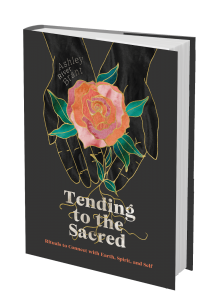
Learn More
Sounds True | Amazon | Barnes & Noble | Indiebound | Bookshop
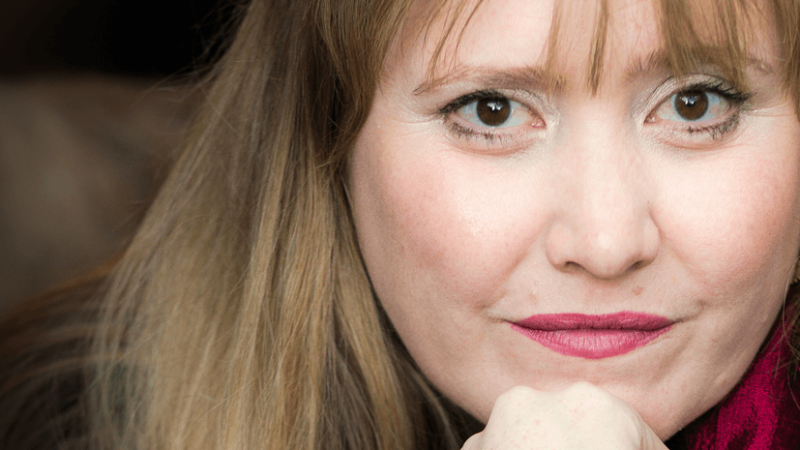
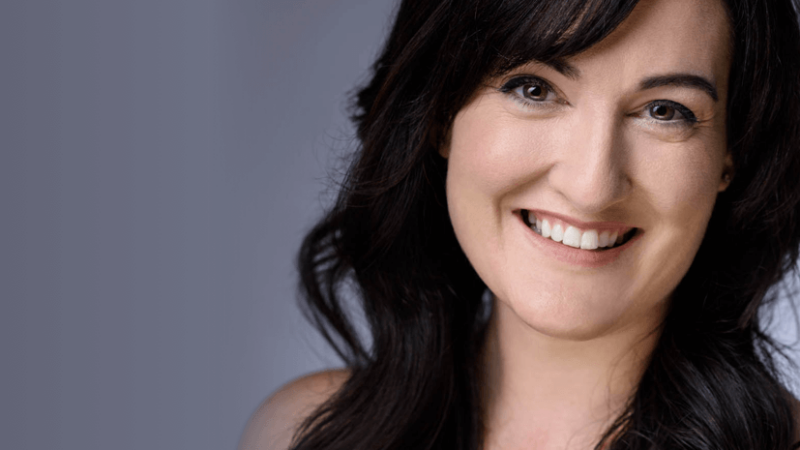
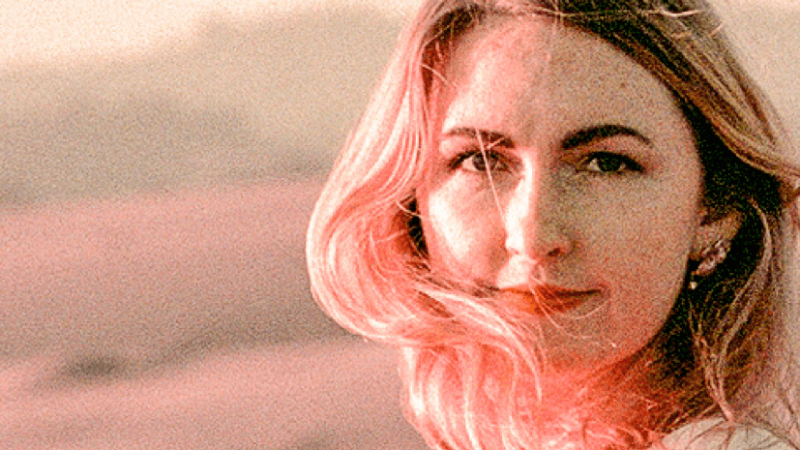
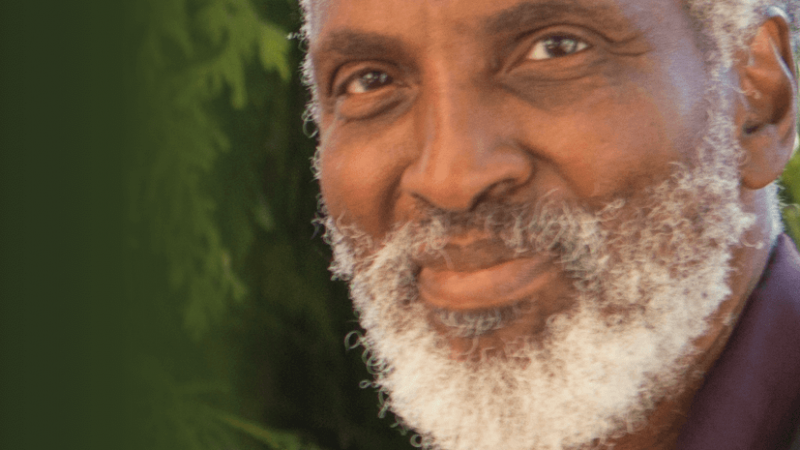
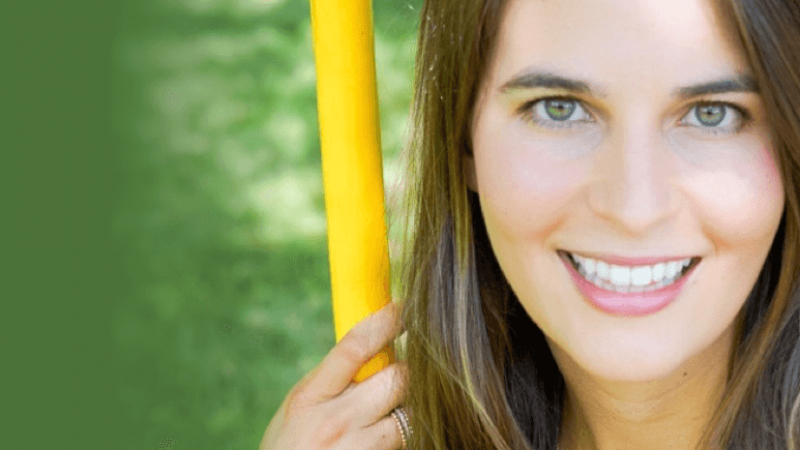


 Ashley River Brant
Ashley River Brant
